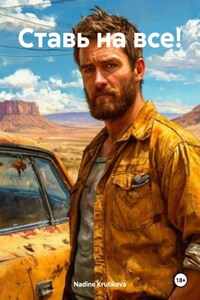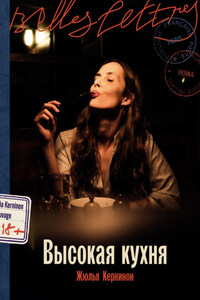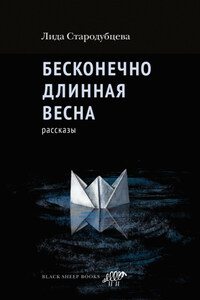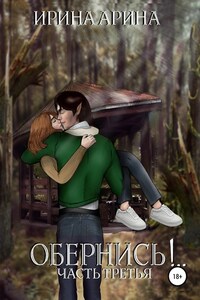Published by HarperCollinsPublishers Ltd
1 London Bridge Street
London SE1 9GF
www.harpercollins.co.uk
First published in the United States by William Morrow, an imprint of HarperCollinsPublishers 2019
This edition published by HarperCollinsPublishers 2019
Copyright © Tara Conklin 2019
From Moments of Being by Virginia Woolf
Published by Hogarth Press, reprinted by permission of The Random House Group Limited. © 1985
Excerpt of three lines from “The Applicant” from Ariel by Sylvia Plath.
Copyright © 1963 by Ted Hughes. Reprinted by permission of Faber and Faber Ltd.
‘Maps’: Words and Music by Karen Orzolek, Nick Zinner and Brian Chase
Copyright © 2003 Chrysalis Music Ltd.
All Right Administered by BMG Rights Management (US) LLC
All Rights Reserved; Used by Permission
Reprinted by Permission of Hal Leonard LLC
Cover design by Ploy Siripant © HarperCollinsPublishers Ltd 2019
Cover illustration by Joel Holland
Tara Conklin asserts the moral right to be identified as the author of this work.
A catalogue copy of this book is available from the British Library.
This novel is entirely a work of fiction. The names, characters and incidents portrayed in it are the work of the author’s imagination. Any resemblance to actual persons, living or dead, events or localities is entirely coincidental.
All rights reserved under International and Pan-American Copyright Conventions. By payment of the required fees, you have been granted the non-exclusive, non-transferable right to access and read the text of this e-book on screen. No part of this text may be reproduced, transmitted, down-loaded, decompiled, reverse engineered, or stored in or introduced into any information storage and retrieval system, in any form or by any means, whether electronic or mechanical, now known or hereinafter invented, without the express written permission of HarperCollins.
Source ISBN: 9780008323349
Ebook Edition © February 2019 ISBN: 9780008323356
Version: 2019-01-12
Behind the cotton wool is hidden a pattern; that we—I mean all human beings—are connected with this; that the whole world is a work of art; that we are parts of the work of art. Hamlet or a Beethoven quartet is the truth about this vast mass that we call the world. But there is no Shakespeare, there is no Beethoven; certainly and emphatically there is no God; we are the words; we are the music; we are the thing itself.
—Virginia Woolf, Moments of Being
Wait, they don’t love you like I love you.
—Karen O, Yeah Yeah Yeahs
AT FIRST I believed the girl to be an apparition. A ghost. She rose from the crowd in the auditorium and walked to the microphone.
I remained very still. For the past ninety minutes, I had been seated onstage to discuss my body of work. As much as I dread large crowds, the event had been a success. The audience was respectful, intelligent, curious. I’d even made them laugh. That joke about the frog, of all things. We heard the sirens only once, a brief wail during which I paused my reading. We all waited, the thousand here in the auditorium and the thousands more watching via satellite and DTR. We waited, and then the sirens quieted, and I resumed with my poem.
Afterward the questions. So many questions! My first public event in twenty-five years—of course there would be questions, but I was not prepared for the intensity, the thoroughness with which these people had read my work. It still surprises me now, eighty years into this literary experiment, that my words might mean something to anyone other than myself.
I am 102 years old and a poet of some renown. My name is Fiona Skinner.
When the girl stepped forward, my attention was elsewhere. My energy low. I wondered what snack Henry had waiting for me backstage and hoped it was the candy with the peanut butter in the center, my favorite. My thoughts fixed on other comforts: the tall, soft bed in my house in the mountains; the river stocked with trout; the deep, cold well; the generator with its soothing hum. We never heard the sirens there, no, the nearest town was too far. It was a safe place, our house, a place beyond the reach of politics and rising oceans. At least that’s what I chose to believe. It’s possible to exist under any number of illusions, to believe so thoroughly in the presence of things you cannot see—safety, God, love—that you impose upon them physical shapes. A bed, a cross, a husband. But ideas willed into being are still ideas and just as fragile.
The girl at the microphone was an arresting sight: slender and tall, a dark bob cut short and sharp to her chin. She looked eighteen, perhaps twenty years old. Not a girl, then, nearly a woman.








